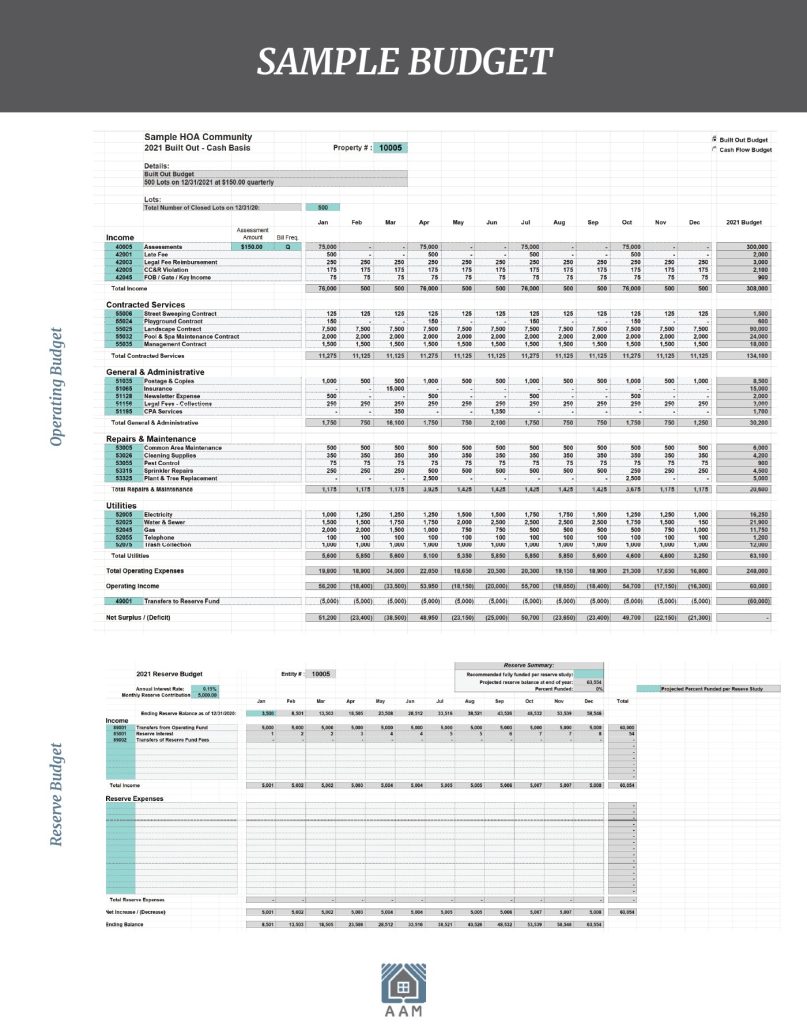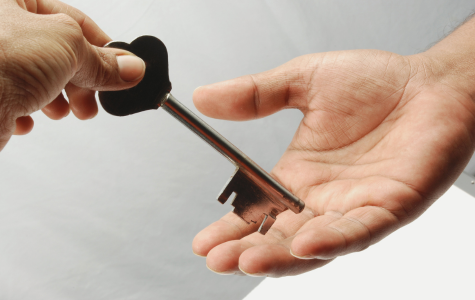If your HOA board has ever hosted a meeting only to see a half-empty room, you know how tough it can be to get residents involved. The truth is, HOA homeowner participation doesn’t happen by accident—it takes planning, creativity, and a genuine effort to make homeowners feel welcome. Below are practical, real-world ways to encourage more neighbors to raise their hands, join in, and strengthen the community..
Attracting Community Volunteers
Volunteers are the backbone of any HOA, but many communities struggle to find and keep them. People are busy, and the idea of joining a committee or board can feel overwhelming. Here’s how to make it easier for them to say “yes”:
- Spread the word clearly and often. Use your HOA website, newsletters, email, or even community boards to let residents know about opportunities. Keep the messaging positive—show how volunteering benefits the whole community and why it’s worth their time. Annual meetings are a great moment for these call-to-action reminders.
- Ask directly. Sometimes the best way to get a volunteer is simply to ask. If a neighbor has voiced concerns at a past meeting, invite them to get involved. A personal nudge can be the difference between someone sitting on the sidelines and stepping in to help.
- Respect people’s time. Keep meetings short, focused, and well-run. Most residents are willing to contribute, but nobody wants to sit through a three-hour meeting after a long day at work.
- Highlight the impact of volunteering. Share stories or testimonials from current committee members. When neighbors hear from their peers about how rewarding it can be, they’re more likely to give it a try.
- Offer short-term commitments. Not everyone can sign up for a year-long role. Give people the chance to pitch in for one event or a single project—it’s a low-pressure way to get their foot in the door.

Create a Warm Welcome
First impressions matter. When new volunteers join a board or committee, make sure they feel supported right away.
- Pair new helpers with experienced ones for mentoring.
- Ask your HOA manager to run an orientation or training session.
- Encourage social interaction to foster relationships quickly.
A welcoming environment goes a long way in turning a one-time volunteer into a long-term contributor.
Building Belonging and Recognition
Homeowners are more likely to participate if they feel like part of something bigger.
Show appreciation. Recognition doesn’t need to be elaborate—sometimes a thank-you at a meeting is enough. You might also host an appreciation dinner, present plaques at the annual meeting, or highlight volunteers in newsletters. Even small gestures send a clear message: their efforts matter.
Promote a sense of belonging. Keep board and committee environments positive and collaborative, not combative. Open communication and mutual respect keep people engaged.
Boosting Engagement Across the Community
Encouraging HOA homeowner participation isn’t just about filling committee seats—it’s about making everyone feel connected.
- Communicate consistently. Emails, newsletters, social media, and even text alerts can keep residents in the loop. If communication is weak, consider forming a communications committee.
- Invite input on decisions. Budgeting, maintenance, and event planning are easier when residents have a voice. Solicit feedback in meetings or surveys, and make sure people see how their input shapes results.
- Offer flexible ways to join in. From remote attendance options (Zoom or conference calls) to online suggestion boxes, convenience matters. Sign-up sheets at meetings or digital forms for committees can lower the barrier to entry.
- Create short-term projects. Event help, clean-up days, or one-time workshops allow busy homeowners to contribute without a long commitment.
Building Community Spirit
A thriving HOA is more than budgets and bylaws—it’s about neighbors connecting. Consider:
- Hosting social gatherings like block parties, potlucks, or “Front Yard Fridays.”
- Starting interest groups—book clubs, walking groups, or bike rides.
- Launching a community garden or educational workshops.
- Offering fun incentives like raffles, contests, or recognition awards.
- Partnering with local schools to let students earn community service hours by volunteering.
These kinds of activities not only bring people together but also make the community a more enjoyable place to live
In conclusion
Strong HOA homeowner participation doesn’t just check a box—it builds trust, strengthens relationships, and creates a more vibrant community. Whether through volunteering, events, or simple acts of recognition, every effort to get residents involved adds up. With the right strategies in place, your HOA can transform meetings from empty chairs into engaged, connected neighbors.
























